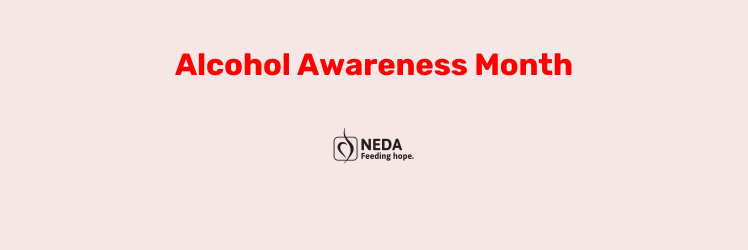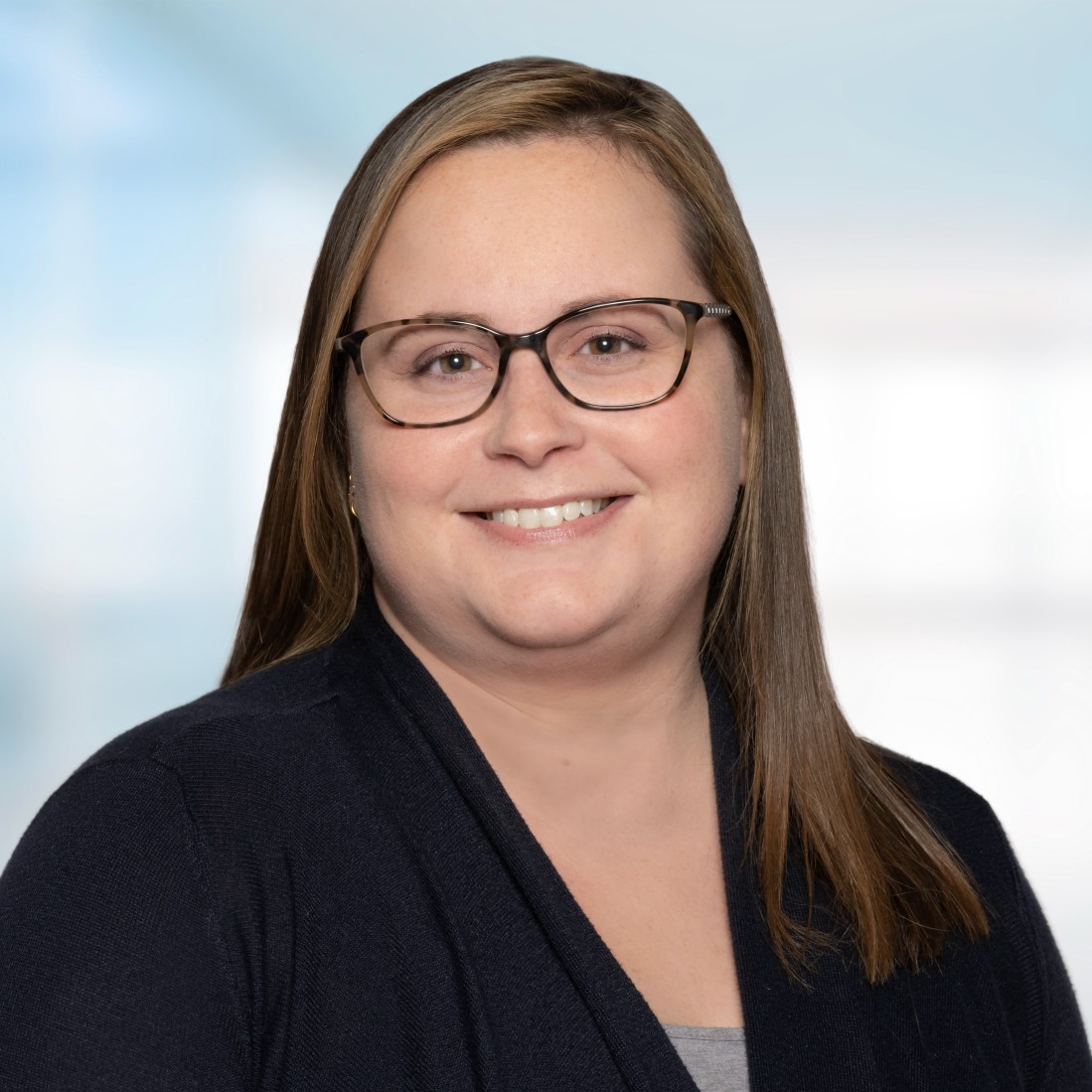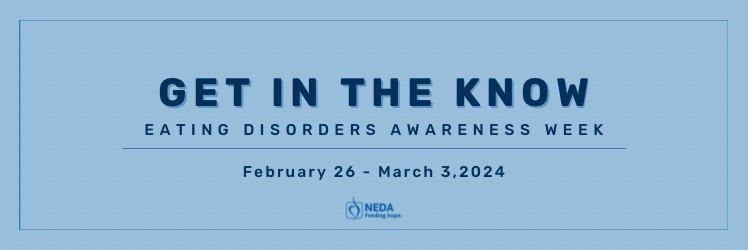Studies have shown that individuals with an eating disorder are far more likely to develop or have a coexisting substance use disorder.1,2Sadly, this isn’t a surprising statistic and could have been me at the height of my eating disorder in college. I used food as a coping mechanism, so why not alcohol?
I endured years of restriction and binging to not only bring control into my life where I felt like I had no control but also to comfort myself during those difficult times. I could have just as quickly used alcohol as part of my coping process, and no one would have really noticed since drinking is pretty much the norm in college.
Looking back, I’m not sure I would have been ready for recovery then. It took several years of migraines, panic attacks, high anxiety, depression, endless restriction/binging cycles, and hating my body before I needed help. My body was worn out emotionally and started to tell me loud and clear that I was at my physical breaking point if I didn’t stop.
When I finally had enough, I began my recovery journey. My support system at the time was my therapist. I was fortunate to have found her. She was one of maybe two therapists in my area who specialized in coexisting conditions like anxiety, depression, and eating disorders.
If I’m honest with myself, she saved my life in many ways. She was the only person I trusted with my secret, as no one around me knew I was struggling. I was too ashamed and embarrassed to admit I wasn’t “normal.”
Recovery is a journey. It was full of highs and lows and, eventually, stability. It took a couple of years to get to the root cause of my disordered behavior and work through the years of trauma. I thought it was a linear thing…setting milestones to achieve to overcome this. Ultimately, this set me up for failure.
I sometimes felt like I had a handle on my eating disorder behavior. I would feel angry, embarrassed, and ashamed. Other times, some emotional events triggered me, and I engaged in those behaviors.
I was mad that I couldn’t get over this…I wasn’t good enough. I was also a recovering perfectionist, so I was ten times harder on myself than I needed to be.
Thankfully my therapist taught me forgiveness, patience, and grace. I began to forgive myself and show myself more patience as I navigated my recovery. As I became more patient with myself, I became more patient with others, and I expanded my support system over time.
My support system today is a core group of people who know my past eating disorder. While some may not fully understand it, they love me and support me through it all.
1. Reed, Susanne. 2022. “Eating Disorders and Alcoholism: 41% of People With ED Have an Addiction.” Alcoholics Anonymous. https://sober.com/mental-health/alcoholism-and-eating-disorders/.
2. Lilenfeld, Lisa R., and Walter H. Kaye. n.d. “The Link Between Alcoholism and Eating Disorders.” NCBI. Accessed April 10, 2023. https://www.ncbi.nlm.nih.gov/pmc/articles/PMC6876496/.
Amber is an advocate, empath, and survivor of an eating disorder. She is passionate about sharing her story with the hope that it will help others. She currently works in the healthcare information technology space as a Marketing Manager where her focus is to help healthcare providers understand the importance of healthcare technology to provide people of all stages of life better access to care. Amber has a background in nonprofit management but switched to the healthcare industry because after her own experience with an eating disorder, she realized that there was a lack of resources in her community. She wanted to use her experience to help others who were struggling with eating disorders and to help those in the healthcare industry understand just how complex an eating disorder can be. She is an inspiration to many and her story gives hope to those who are still fighting. She is a reminder that recovery is possible and that there is light at the end of the tunnel.






